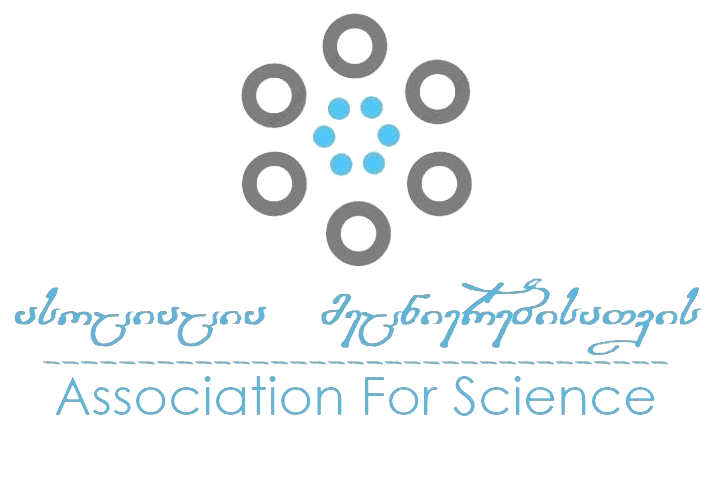The Use of Psychology as Strategy in Hybrid Warfare
DOI:
https://doi.org/10.55804/TSU-ti-1/PetrocchiKeywords:
psychology, strategy, Hybrid warfare, social networkAbstract
The term Political War or Hybrid warfare is not new, Clausewitz and Kennan have already talked about it in the past as the use of all means available to the State actors and not State actor to create instability in an opposing State. Political warfare has the characteristic of using a certain level of violence that remains underneath conventional conflict. It is definition dates back to 1948, and it is the use of all means available to a Country, excluding war, to achieve their goals - the US State Department used a definition at the beginning of the Cold War - which we find today in a global competition context. Starting from the 90s, the concept of threat has taken on less and less definable forms and still less connection to purely military actions. The actors that resort to the hybrid threat are also less identifiable, which can be stated entities but also non-state entities such as terrorism. The hybrid threat could be considered as the combined and synergistic use of different tools of power available to the States, or a non-States, (non-States actors), and these tools can be, military, diplomatic, political, technological, intelligence, economic - financial, media and psychological. Some of these tools are obviously, while others are hidden, others are military, but most of them are non-military instruments, such as propaganda, disinformation, psychological warfare (psyops - psychological operations), cyberattacks, support for specific movements or political parties in another country. After quickly introducing what is meant by Hybrid Warfare or Hybrid Threat I would like to enter into the heart of the subject by talking about the use of psychological warfare as a military technique different from war, or a nonmilitary warfare action, in declared conflicts and undeclared conflicts. The psychological element has always been of primary importance in the conflicts. For this reason, I would like to speak about the use of psychological warfare as a technique within the hybrid conflict, also discuss the other psychological warfare tools and their use. These instruments are the psyops operations, the cognitive and communicative war, and the last point that would like to treat is the use of psychological warfare techniques through social media and the propaganda. This contribution of mine provide to suggest a theoretical and practical reflection on the new hybrid war strategies and analysing how ancient military tactics already being consciously readapted and strengthened through the use of new technologies.
References
Eugenio Di Rienzo, Il Conflitto Russo-Ucraino,Rubbettino, Soveria Mannelli,2015
Fabrizio Coticchia, Irregular Warfare: approccio della Difesa ed efficacia del coordinamento interforze e interministeriale nelle attività/operazioni condotte per sconfiggere/neutralizzare tali tipologie di minaccia (asimmetrica ed ibrida), CeMiSS, Roma, 2015
Giovanni Brizzi, Il guerriero e l’oplita. Gli eserciti nel mondo classico, Il Mulino, Bologna, 2002
Gregory F Treverton, Intelligence for an age of terror, Cambridge University Press, Cambridge, New York, Melbourne,2009
Gregory F. Treverton, C. Bryan Gabbard, Assessing the Tradecraft of Intelligence Analysis, RAND Corporation, Santa Monica, CA, 2008
Lawrence Freedman, Strategy, Oxford University Press, Oxford, 2013
Lawrence Freedman, Ukraine and the art of Strategy, Oxford University Press, Oxford, 2019
Lawrence Freedman, US intelligence and the soviet strategic threat, The Macmillan press, London, 1977
Pietro Batacchi, L’evoluzione dei conflitti moderni, CEMiSS, Roma, 2010
Robert B. Asprey, War in the shadows the guerrilla in history, William morrow and company, New York, 1975










